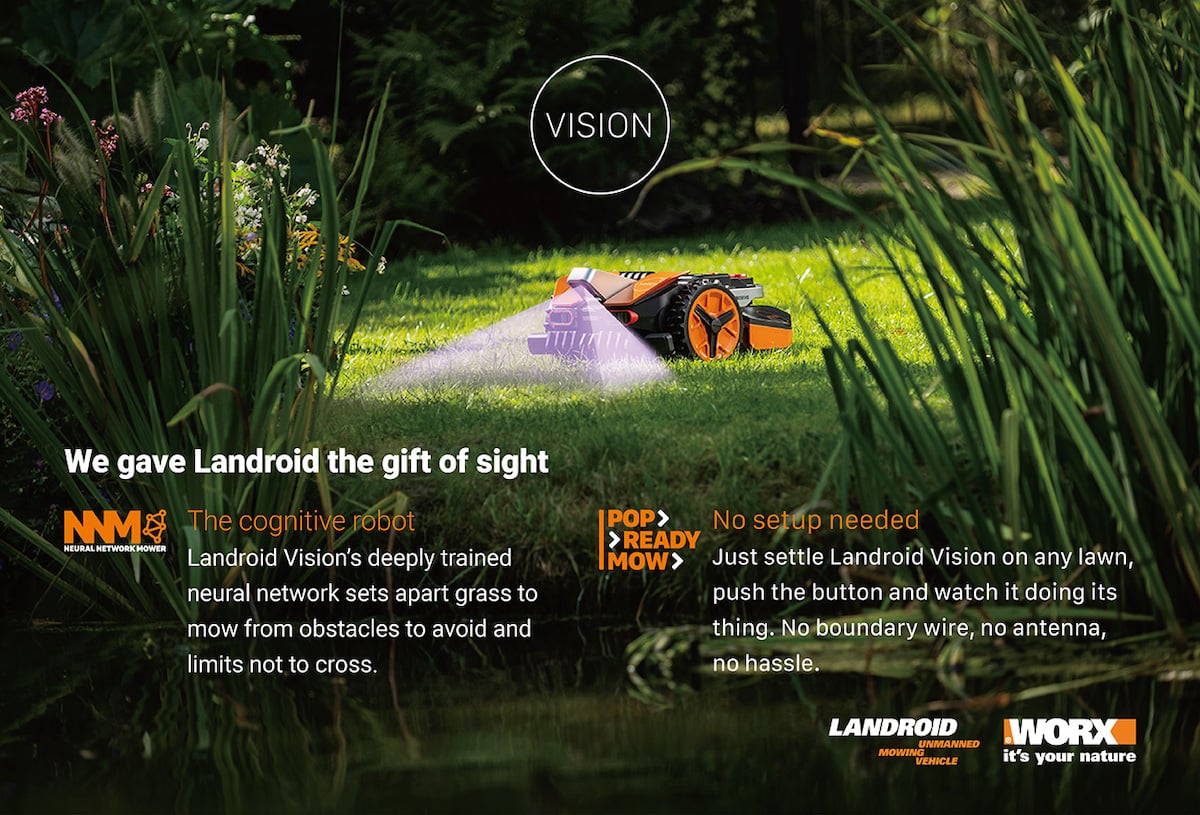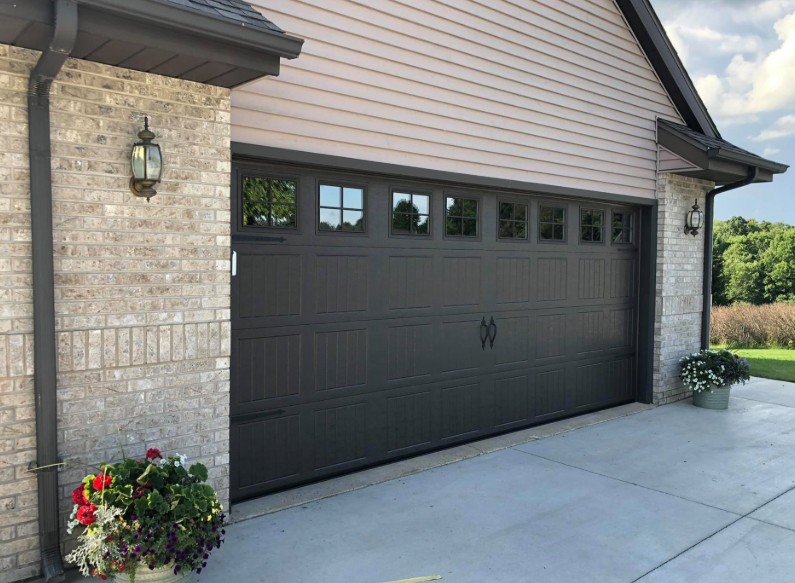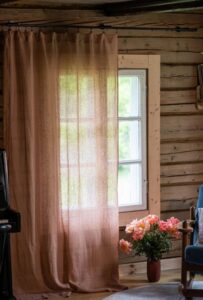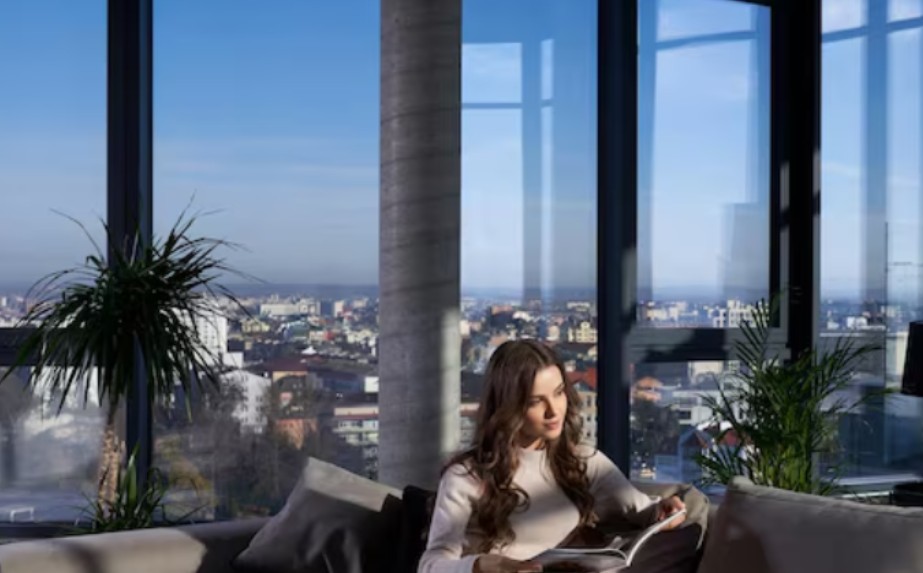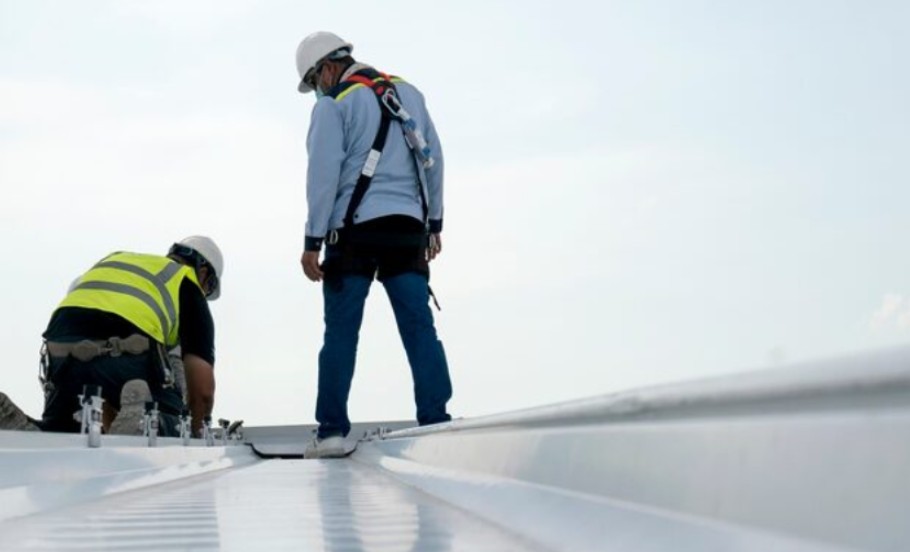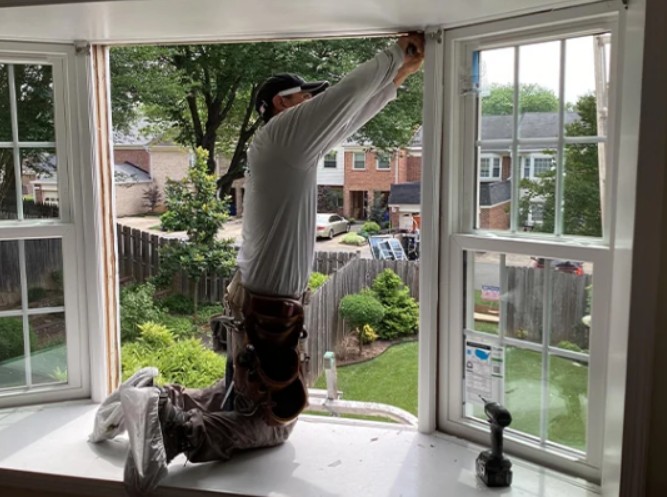There are probably not many people who know the DIY business more than Jacques Hayaux du Tilly.
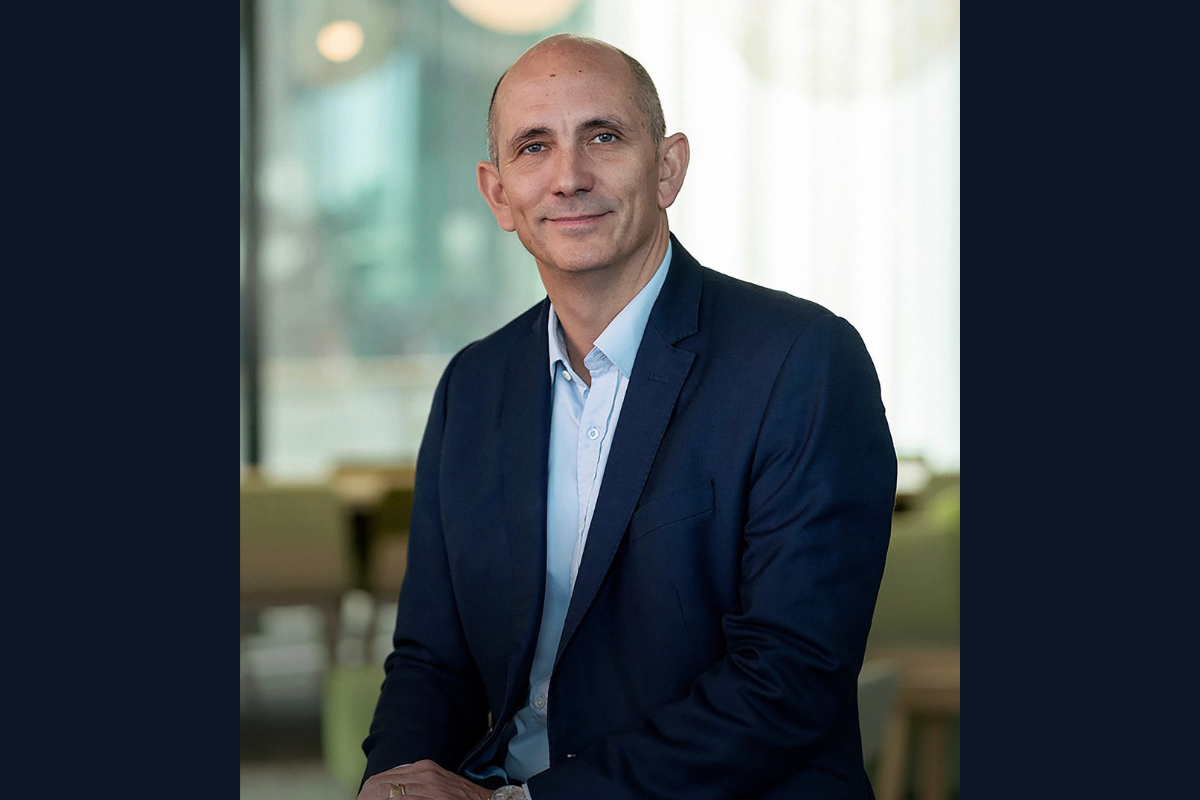
The Group Assortment and Supply Chain Director at Maxeda DIY Group has honed his craft working for some of the biggest names in home improvement: six years at Castorama in Lille, France; three years at Kingfisher in both France and the United Kingdom; three years at Brico Depot in Paris; and three years as CEO at B&Q China.
Now based in Brussels, he’s been in his current role for over six years and oversees store and digital assortment, purchasing, vendor management, merchandising and supply chain at Benelux’s largest DIY retailer.
He’s achieved total fluency in the world of building materials, home decoration and garden projects and, more than that, an understanding of the products customers want before they even know themselves.
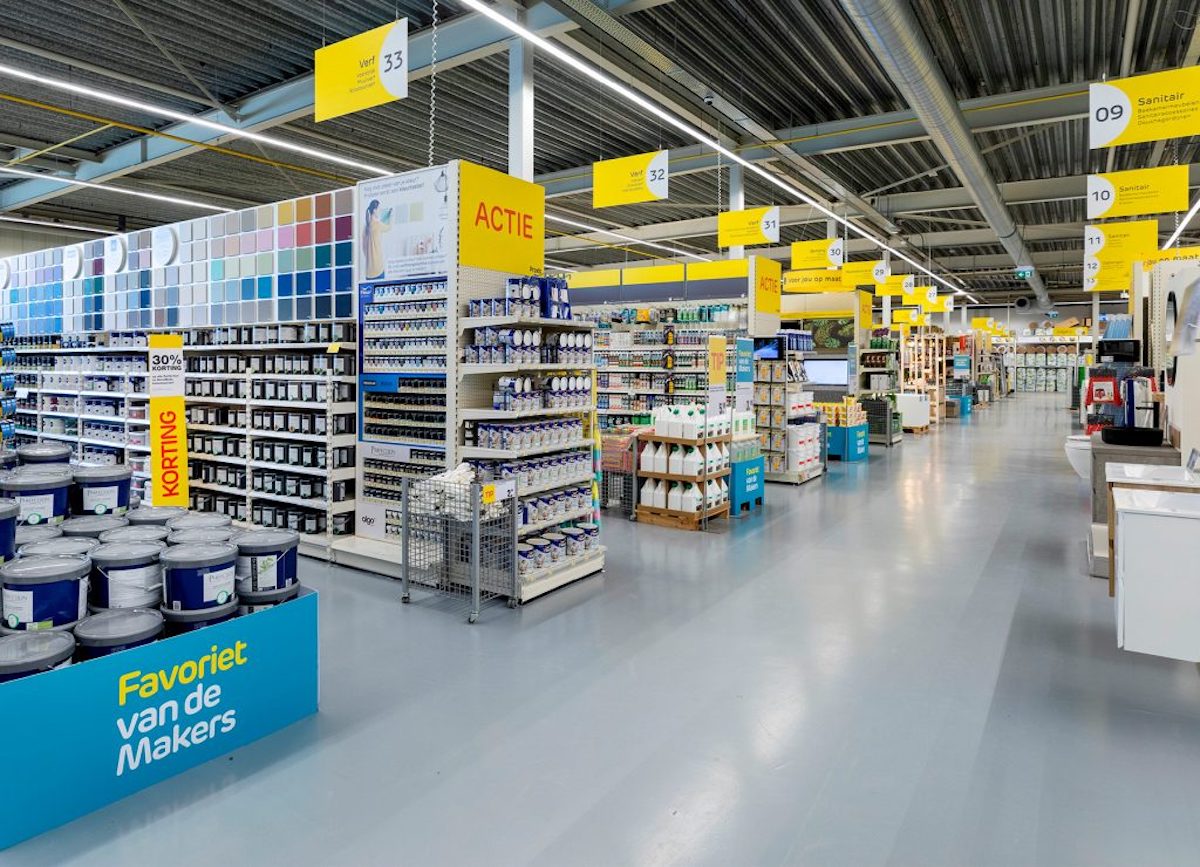
Working in home improvement has given me a lot of positive energy because home is so important to all of us.
Yet the industry wasn’t his first passion – in fact, du Tilly started his career as a consultant to the manufacturing industry. “I decided I wanted to move from factories into more retail roles because I wanted to be in more contact with customers,” he tells The CEO Magazine.
Two decades later, he knows he’s exactly where he’s meant to be. “Working in home improvement has given me a lot of positive energy because home is so important to all of us,” he says.
A benelux leader
In Maxeda, du Tilly has joined the operator of 339 stores under three different brands: Praxis in the Netherlands (190 stores), Brico in Belgium and Luxembourg (135 stores) and BricoPlanit in Belgium (14 stores).
“We operate different size formats, from a mix of very small stores in cities, midsize stores and the big-box stores: for instance Praxis City, Praxis, Praxis Mega and Praxis Mega and Garden in the Netherlands,” he explains. “We also have an online web platform in all three countries where we display and sell our products online.”
The company, which is owned by a consortium of investment funds, enjoys a 44 percent market share in Belgium and approximately 25 percent in the Netherlands, employing more than 7,000 people across all its businesses. Every week, over 1.5 million customers visit a Maxeda-owned store.
As they browse the products on display in the wide aisles, from the latest shades of interior paint to the tiny nuts and bolts vital to the free flow of bathroom plumbing systems, behind the scenes, du Tilly and his team are working to ensure that everything they need is at their fingertips – whether in a brick-and-mortar store or online.
“We define the product offer and the buying-in of it, as well as define the merchandising layout and also manage whether the product should be in store or online or both, as well as the supply chain,” he explains.
Cultivating Employee Loyalty
Internally, du Tilly says cultivating loyalty is a key focus. “Luckily we have a lot of people who have been working for Maxeda for a very long time. Some have been with us for up to 45 years,” he says.
The company makes investment in training a priority and has established the Maxeda Academy across all its Benelux brands, a platform which allows people to develop themselves within the business.
There’s also a heavy emphasis placed on internal promotion. “We like to make sure that we can give opportunities to people already in the business,” he adds. “Within the management team, 99 percent of vacancies are filled internally.”
Sustainable foundations
One of the key drivers for du Tilly in the role is Maxeda’s commitment to making a sustainable contribution to people and the environment and the real change the business can drive through its product offering.
“Just to give one example, in the European Union, 11 percent of all CO2 emissions are linked to individual homes, more or less the same as industry,” he says.
“We know we can reduce this figure by about 50 percent with better insulation and other solutions that we can provide to our customers. It’s a role we can play in the market and, indeed, it’s something that we are developing.”
With four children, the ability to have an impact in this area is something he describes as “very important” for him personally, as well. “My kids are aged between 12 and 21 and it’s a topic that we discuss a lot at home,” he says.
At Maxeda, sustainability is not new to the agenda. Its current strategy is called ‘Make it Sustainable’ and it is the follow-up to its previous strategy called ‘Making it Easy’.
Outlining three core areas of focus, ‘Our People, Our Stores/Head Offices, Our Products’, the business is rolling out initiatives it hopes will cut its carbon footprint by 20 percent by 2030 when compared to 2020. These include increasing the ESG awareness of employees, installing electric vehicle charging points near its stores and making sustainable products visible to customers, among others.
“We truly believe that having a positive, long-term impact on the environment and society will bring rewards on so many levels,” he explains. Beyond the obvious environmental benefits, he says that it’s also what stakeholders are asking for.
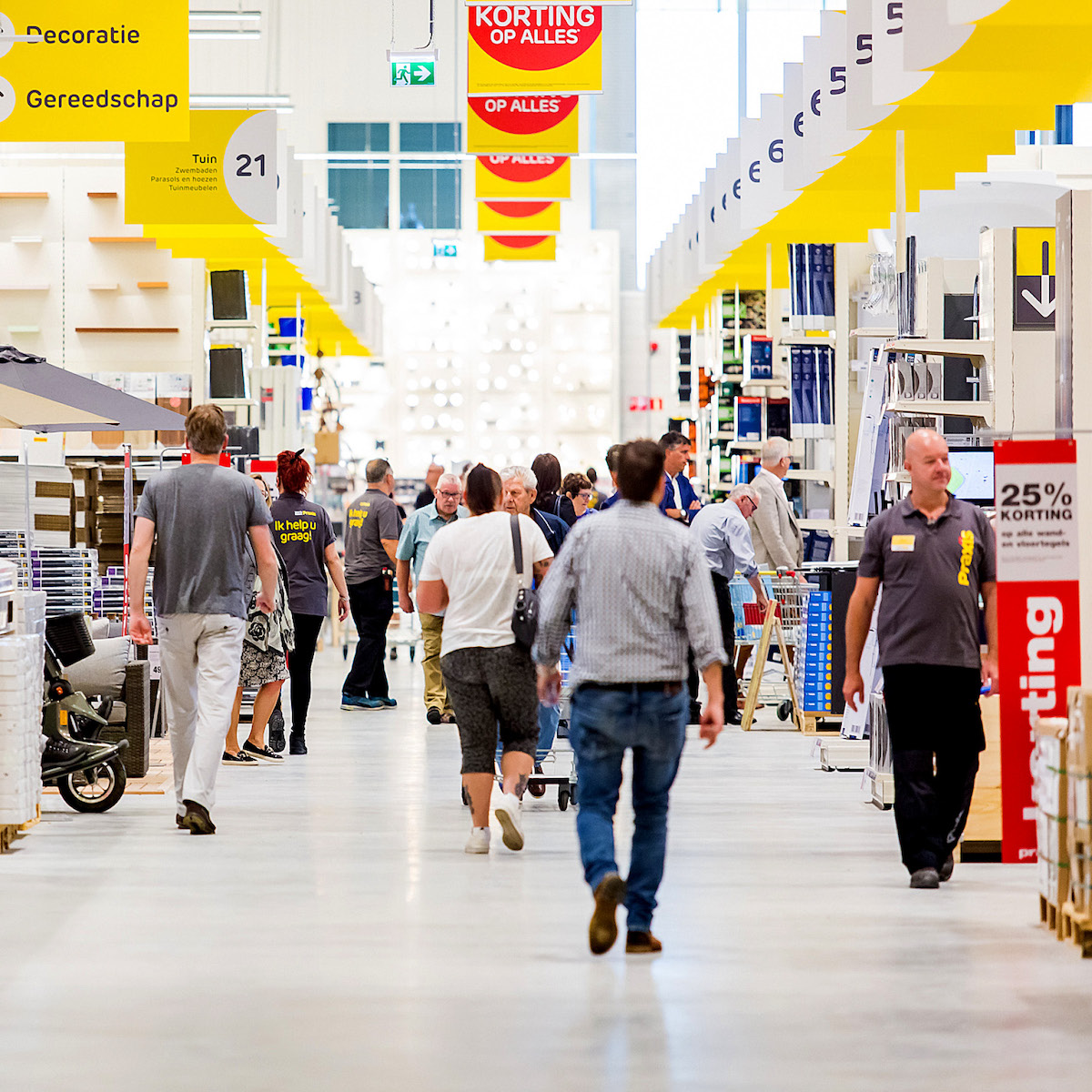
We truly believe that having a positive, long-term impact on the environment and society will bring rewards on so many levels.
“It’s what our customers are looking for, as well as our team internally,” he says. “Increasingly, people are checking to see they are working for a company that is genuinely trying to make a difference with their ESG.”
The company now undertakes what du Tilly describes as a “very deep check” of product provenance, a process that includes an audit (either in-house or third-party) to check that a supplier complies with correct standards. “For the product itself, we try to ensure that we limit the CO2 emissions and the waste,” he adds.
Sustainable products available for customers to purchase on the shop floor (or online) include solar panels that are simple to install, needing only to be plugged into an existing electrical network – so popular has the product become that stock sells out not long after arrival.
“We’re really on the lookout for these type of battery-powered energy solutions for our customers,” he says.
Another way du Tilly’s supply chain team is going green is by prioritizing inland shipping over road transport and limiting the number of return freights. Over 1,000 Netherlands-made, fully recyclable LED lamps have also been installed in a large, 100,000-square-meter logistics warehouse.
In October 2022, the company opened Praxis Almere Haven, the first energy neutral DIY store in the Netherlands. Equipped with solar panels and a heat pump, the store produces more energy than it uses. A few months prior to that, in June 2022, a new energy positive head office was inaugurated in Brussels, Belgium with solar panels, provisions for rainwater reuse and an office heated by climate ceiling systems.
He knows there’s plenty of work still left to do, but he knows the company is definitely steps ahead of many others. “We’ve built the foundations,” he says. “We’re not perfect, but we’re trying to improve and we’ve defined many clear projects.”
Responsible leadership
Overseeing a team that encompasses a diverse assortment of roles, du Tilly says his is a collaborative, communicative leadership style. “We have a lot of different people working together, from marketing to buying, quality, merchandising and supply chain,” he says.
“So for me, it’s very important that everyone is aligned with the management team and understands where we want to go and what the key priorities are.”
Particularly when negotiating periods of complexity, such as we find ourselves in now, he says being clear about the guiding principles and objectives is crucial. “There should always be something to go back to so that everybody understands what we want to do,” he says.
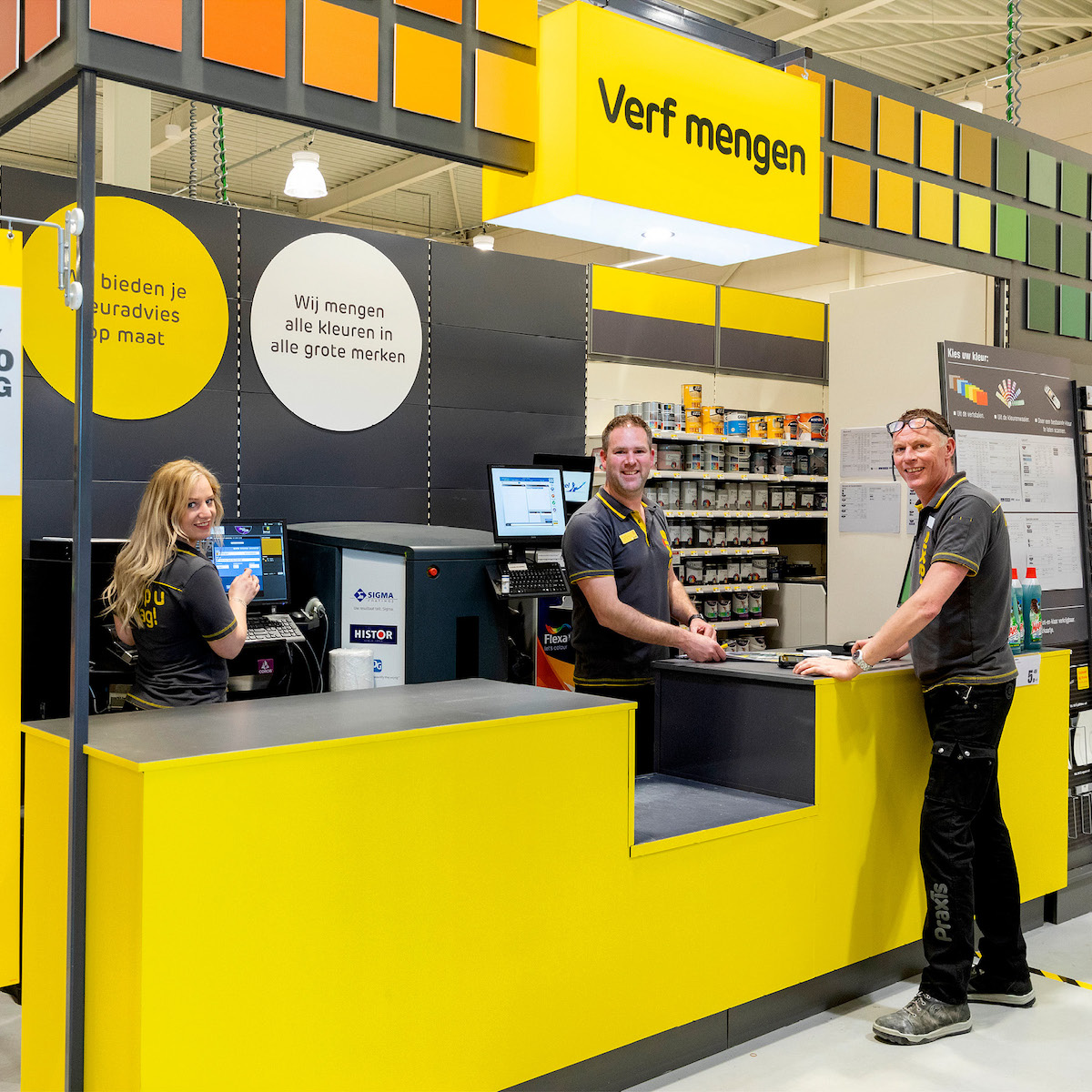
It’s very important that everyone is aligned with the management team and understands where we want to go and what the key priorities are.
He says responsibility and accountability are hallmarks of his management style. “I do have quite a lot of experience in retail, but I’m not a supply chain or procurement specialist,” he says. “So I assume that in my team I have people who are much more of an expert than I am. That’s why it’s very important for me to hand them accountability and responsibility.”
His team has recently been re-organized with this front of mind. “I want to make sure that the category directors – so the heads of the department with end-to-end responsibility – could bring together in their team the people working in buying, merchandising, supply chain, even digital content. This allows them to have a global view of end-to-end data from the technical data to the online customer data, which is greatly increasing our effectiveness.”
Describing this revised arrangement as a sort of “small business unit” he adds that they can make their own decisions. “We’re trying to eliminate the complexity that comes from managing different silos, and to avoid that ping-pong style of discussion between different departments,” he says.
Last but not least is his role – which is to bring that all-important positive energy. “To be demanding but supportive with the team,” he explains.
Home help
The positive energy that brings du Tilly so much motivation and satisfaction became particularly reinforced in the context of the COVID-19 crisis, a time when, unsurprisingly, DIY and home improvement sales soared. “We all had to spend so much time at home, it became a shelter, a cocoon” he says.
And being able to support the customer to improve their home, whether to complete a small maintenance or repair job or a much larger building and construction project was incredibly rewarding. “We have been able to help them improve their home and make it feasible and affordable,” he continues.
That doesn’t mean the pandemic didn’t bring any business challenges, however. “We had to adapt very quickly,” he reflects, calling the early period something of a stress test for the company’s capacity to demonstrate flexibility and agility.
Part of its response was an acceleration of its online strategy. “Digital was always something that was supposed to be very important for us, but in the past few years it has become essential to be able to offer our products online,” he says. “During the COVID-19 pandemic, when we had to close our stores, it became the only channel through which we could be in touch with our customers.”
The number of products available online was quickly boosted. “We’ve multiplied the amount by five, and today have more than 120,000 sellable products visible to our customers,” he says. The increased product array is backed up by a dedicated content team (“We know that content is key,” he says) as well as the development of in-store click-and-collect facilities and an e-fulfillment warehouse in the Netherlands that prepares customer orders and deliveries.
It’s been hard work, but the rewards are worth it. “All this reinforcement of our digital footprint will be very useful for us going forward,” he acknowledges.
And it’s already proving its worth in the current economic climate, one characterized by rising inflation and increased logistic costs (one eighth of what the company buys globally comes from Asia, with most of its procurement European).
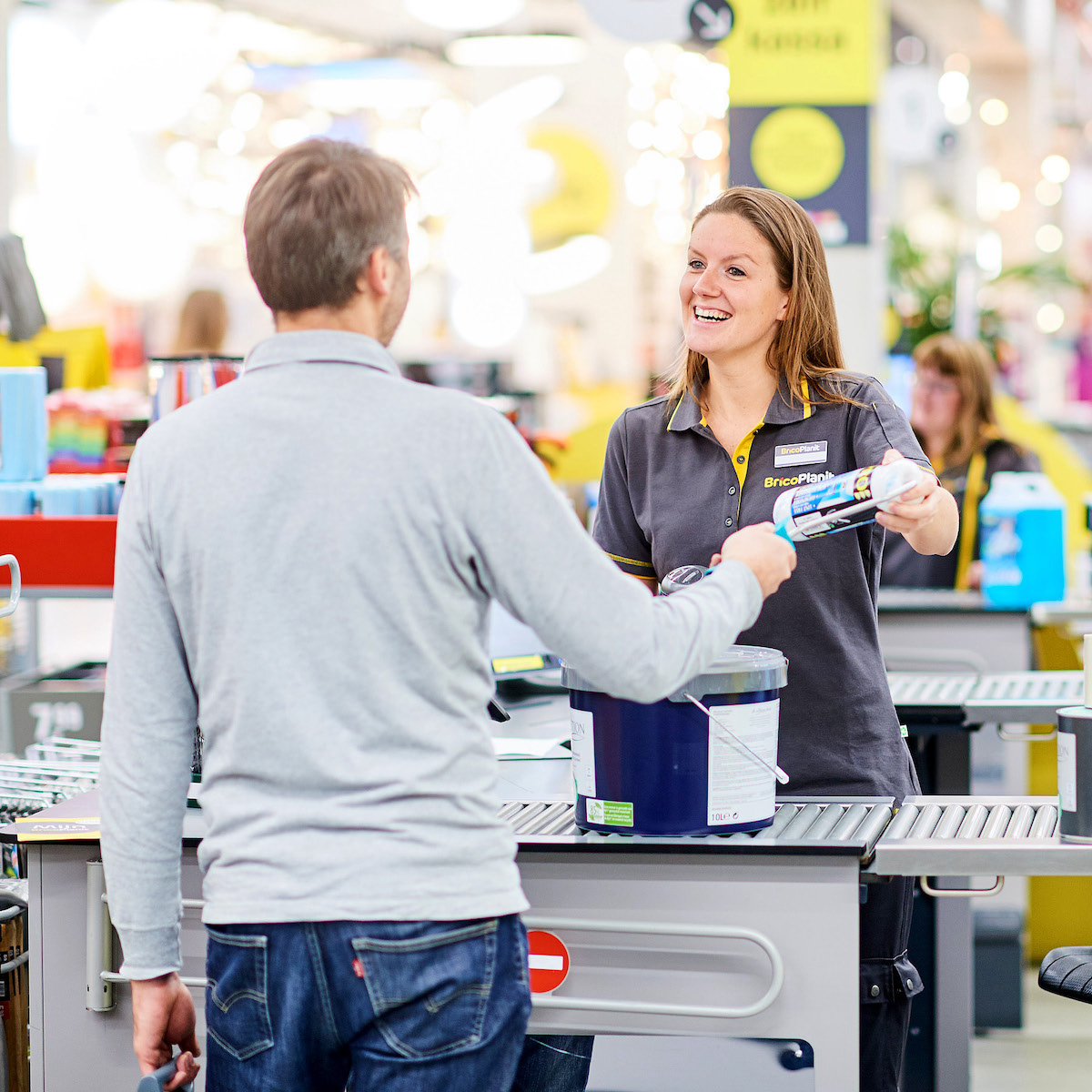
In the past few years it has become essential to be able to offer our products online.
“We’re a slow-moving stock business and we carry a lot of it, so we’re really examining how we can best optimize what we carry ,” he explains. “The ability to use digital capabilities is a huge opportunity for us because we can better manage the stock that is available in stores.
The use of forecasting tools is a technology initiative that is expect to deliver the business an important return on investment, du Tilly explains. “Two years ago we implemented a forecasting program and this year we will implement the full tool in order to be much more precise in stock management in order to have something that is much more fluid,” he says.
“This will have a positive impact in terms of availability for our customers as well as working capital. And, looking towards the future, we believe that’s a very strong asset to develop.”
He adds that his team has “already started to think about the shape of it”. “We’re starting to share forecasts with our suppliers, but with this tool it will be much more automated and give us a much greater insight into our partners,” he continues.
Power of Partnerships
du Tilly has a portfolio of over 800 suppliers – a large figure that reflects the wide range of technical, specialized products Maxeda stocks across its stores. “We build medium- to long-term contracts with our supply partners, in the range of three years, to allow us time to build up a sustainable development,” he explains.
Open lines of communication are crucial. “The challenge for us is to display a lot of products in order to offer solutions in all categories. This means we need to carry a lot of stock,” he explains. “But we also need flexibility, especially in terms of taking back stock if we find a product doesn’t work.”
Partnerships with its suppliers are, therefore, “genuinely linked to our business model”. “Some of our longest partnerships are with suppliers from Asia who we have been working with from the beginning of the business,” he says. “We have very strong partnerships.”
‘Phygital’ retail
Digitalization, he acknowledges, “used to be seen as a threat” by retailers but, at Maxeda, the potential it offers is being wholly embraced. “I believe that, in our business, brick-and-mortar stores will remain very important, but there is a huge opportunity with digitalization,” he says.
Along with an increase of products available via online channels, the company is planning to launch its own marketplace this year, with products offered by multiple third parties. “This will allow us to significantly extend the assortment and give our customers a much greater choice,” he explains.
One of the most important initiatives du Tilly is working on, however, is Maxeda’s ‘phygital’ store concept. “We now have the ability to provide our customers with a lot of information online, but it will not or should not replace everything we can do in-stores,” he explains.
This concept of phygital is the company’s “complementary solution” to the online versus offline quandary – the store and online support each other. Customers will find configurators and QR codes in stores, as well as an enlarged range to order, but are also able to speak to experts for advice and see and touch products that can be purchased immediately.
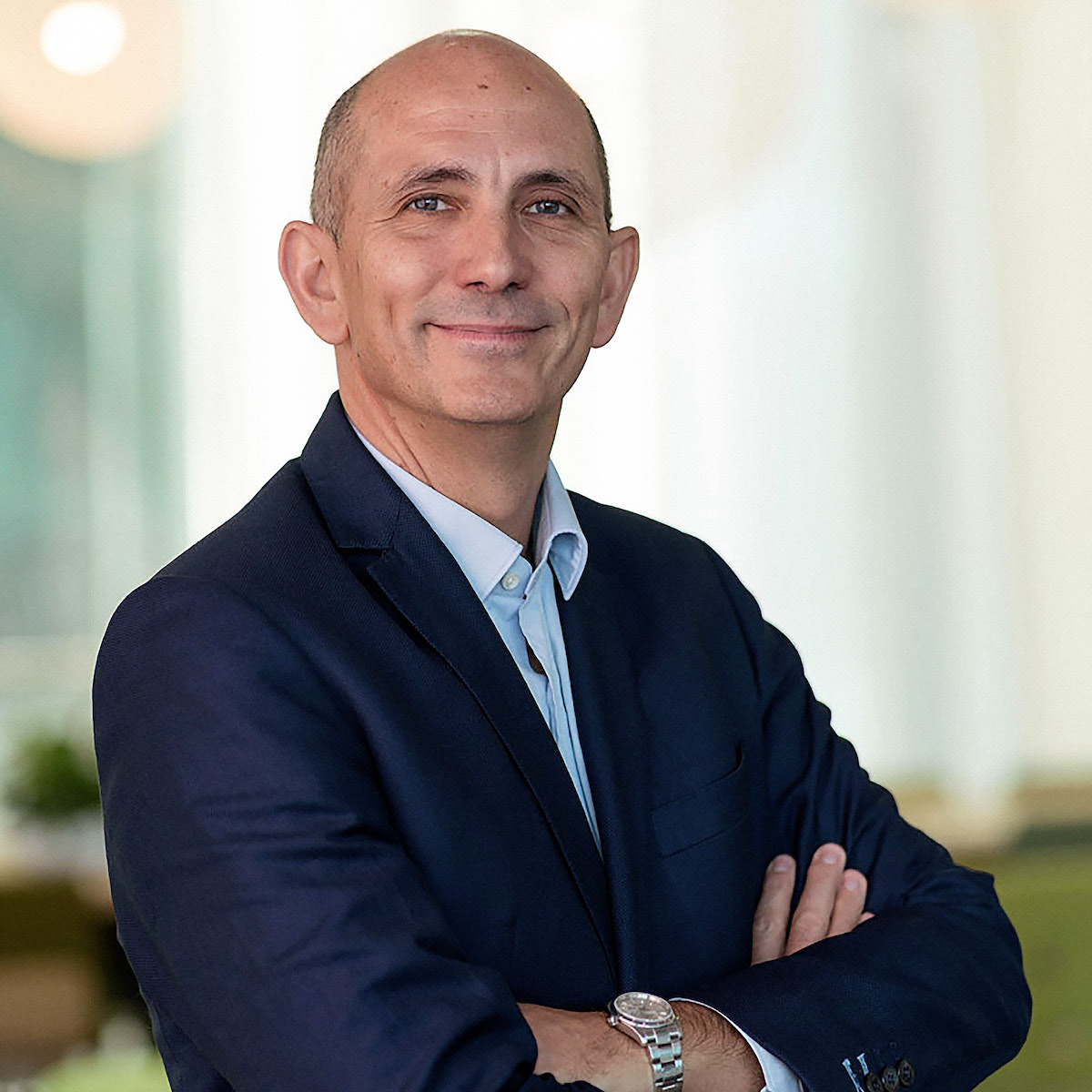
If we combine the physical stores, the digital and all the solutions we can bring together in order to give a real solution to our customers, that will create a very different perspective for us.
At the end of the 2021–2022 financial year, five Praxis and one Brico phygital stores had been opened, with over 50 store conversion projects across both brands underway.
“What we try to do is to make sure that we can bring something in addition to the stores, and not in competition with the stores,” he explains of the company’s digital strategy. “It’s complementary.”
The mindset is one that du Tilly describes as “quite new for us internally”. And it’s bringing much excitement and enthusiasm for the future at Maxeda, especially when its position on sustainability is factored in.
“If we combine the physical stores, the digital and all the solutions we can bring together in order to give a real solution to our customers, that will create a very different perspective for us,” he says. “And it will bring a real positive energy inside the company as well.”
Sponsored by: Signify
The world leader in lighting for consumers, professionals and the IoT.
Read More

“Maxeda’s strategy to ‘Make it Sustainable’ matches perfectly with Signify’s leadership in sustainable lighting. On a daily basis our teams work very closely together, which forms the foundation of this successful partnership to bring innovation to DIY shoppers.” – Jeroen de Waal, Commercial Director Consumer Lighting Benelux, Signify
“Graham & Brown prefers working with international retailers like Maxeda because of the innovation, power and willingness to invest in its (r)e-tail development. Maxeda invests greatly in its omnichannel model to which we seamlessly connect in supply chain and commercial.” – Graham & Brown
“In Maxeda, we’ve found a partner that fully embraces our sustainability strategy. Our insulations binder has no added formaldehyde, and our optimized packaging matches perfectly with its goals to reduce CO2 footprints in its stores, while growing its supply of sustainable products.” – Stijn Thielen, Sales & Marketing Director, Knauf Insulation
“Working with Maxeda for more than 12 years, we’re proud to call our relationship a truly trusted partnership, characterized by long-term strategy and hard work in the day-to-day work. We look forward to many more years of painting success together.” – Jan Ostendorf, Vice President, JWO


